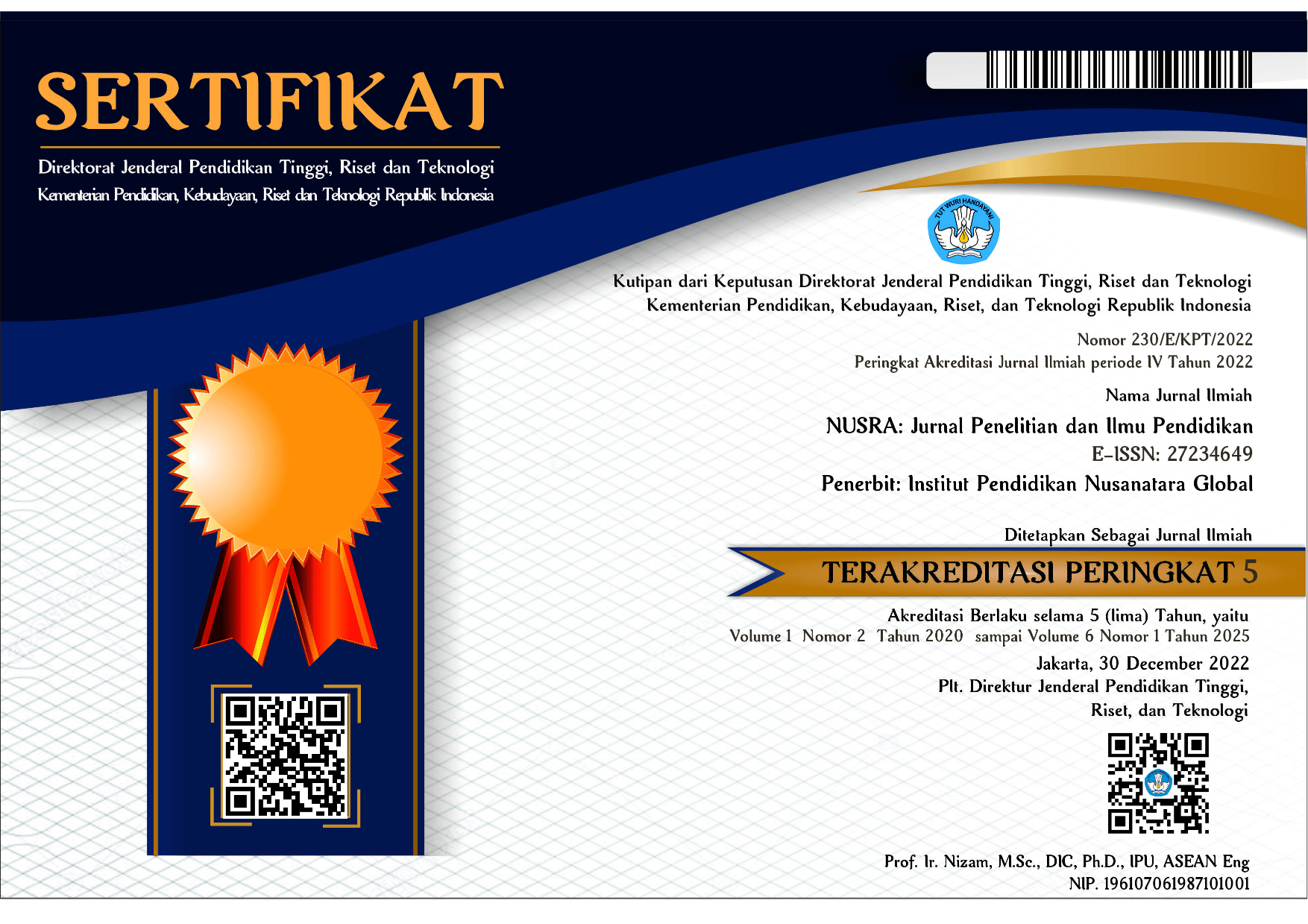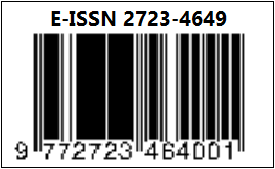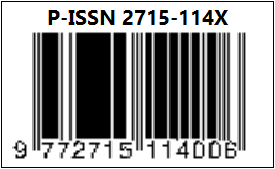Study of Education Analysis of Alpha Generation in Marginal Communities
DOI:
https://doi.org/10.55681/nusra.v5i4.3208Keywords:
Education, Analysis, Alpha Generation, Marginal CommunitiesAbstract
The phenomenon of the world of education that exists today is the importance of education for the future generation is increasingly recognized by all people, including the alpha generation from marginalized communities, but the classic problem has not been resolved. School fees are still difficult for them to afford, even though the government has provided free primary to secondary education, in practice, the lower classes still have to have additional income in order to meet the educational needs of their sons and daughters. The conclusion of this study is that it is still difficult for the alpha generation of marginalized communities to obtain access to decent education, this is due to several factors, such as economic factors, facilities, learning opportunities and access to technology and information. In the existing limitations, it turns out that not a few of the alpha generation of marginalized communities have succeeded in achieving achievements and success in their education. This is able to provide encouragement for other children who are in the same economic conditions, they believe that opportunities can be created as long as the spirit to learn remains without giving up.
Downloads
References
Dreyer, B. C. (2023). Transformations Towards Just Urban Sustainabilities: A community psychology approach to analyzing and fostering urban changes.
Freire, P. (1984). Pendidikan, pembebasan, perubahan sosial. Penerbit Pt. Sangkala Pulsar.
Harfiyanto, D., Utomo, C. B., & Budi, T. (2015). Pola interaksi sosial siswa pengguna gadget di SMA N 1 Semarang. JESS (Journal of Educational Social Studies), 4(1).
Ishaq, M. (1998). Pengembangan modul literasi jalanan untuk peningkatan kemampuan hidup bermasyarakat anak-anak jalanan. Makalah Lokakarya Modul Literasi Jalanan di BPKB. Bandung: Yayasan Bahtera-Unicef.
Maksum, A., & Ruhendi, L. Y. (2004). Paradigma pendidikan universal di era modern dan post-modern: mencari" visi baru" atas" realitas baru" pendidikan kita. IRCiSoD.
Mujiburrahman, M. (2014). Islam, perempuan dan pendidikan. Marwah: Jurnal Perempuan, Agama dan Jender, 13(1), 21-31.
Novianti, R., Hukmi, H., & Maria, I. (2019). Generasi alpha–tumbuh dengan gadget dalam genggaman. Jurnal Educhild: Pendidikan Dan Sosial, 8(2), 65-70.
Purnama, S. (2018). Pengasuhan digital untuk anak generasi alpha. Al Hikmah Proceedings on Islamic Early Childhood Education, 1, 493-502.
Rahim, M. H. (2016). Dampak Penggunaan Gadget Terhadap Interaksi Sosial Mahasiswa Semester V (Lima) Jurusan Pendidikan IPS Fakultas Ilmu Tarbiyah Dan Keguruan (Fitk) Uin Syarif Hidayatulah Jakarta (Bachelor's thesis).
Reza Bastian, Aulia. (2002). Reformasi Pendidikan. Langkah langkah Pembaharuan & Pemberdayaan Pendidikan Dalam Rangka Desentralisasi Sistem Pendidikan Indonesia. Yogyakarta: Lappera Pustaka Utama
Sandora, M. (2019). Konsep pendidkan anak marginal dalam perspektif pendidikan berbasis masyarakat. Marwah: Jurnal Perempuan, Agama dan Jender, 18(2), 196-216.
Sugiyono. (2015). Statistik Untuk Penelitian : CV Alfabeta. Bandung Suharsimi Arikunto. 2014. Prosedur Penelitian Pendekatan Praktek.Yogyakarta: Rineka Cipta
Suyanto. (2006). Dinamika Pendidikan Nasional Dalam Percaturan Dunia Global. Jakarta: PSAP Muhammadiyah
Tan, J. E. T., & Kuah, K. E. (2016). Educating marginalized communities in East and Southeast Asia: state, civil society and NGO partnerships. In Educating Marginalized Communities in East and Southeast Asia (pp. 11-17). Routledge.
Trikomo, Y. A. (1999). Pemulung Jalanan Yogyakarta: Kontruksi Marginalitas dan Perjuangan Hidup dalam Budaya-budaya Dominan. Yogyakarta: Media Pressindo.
Yuniati, Y., Yuningsih, A., & Nurahmawati, N. (2015). Konsep diri remaja dalam komunikasi sosial melalui “Smartphone”. MIMBAR: Jurnal Sosial dan Pembangunan, 31(2), 439-450.
Zubaedi. (2005). Pendidikan berbasis masyarakat: upaya menawarkan solusi terhadap berbagai problem sosial. Pustaka Pelajar.
Downloads
Published
How to Cite
Issue
Section
License
Copyright (c) 2024 Taupik Hidayat, Arnan Pahmi Matondang, Ahmad Syukron

This work is licensed under a Creative Commons Attribution-ShareAlike 4.0 International License.














